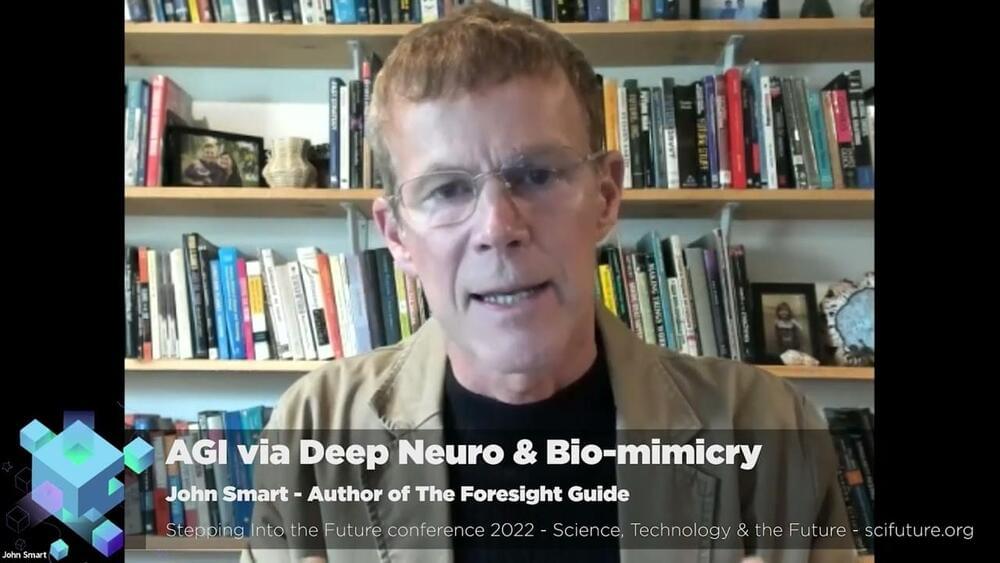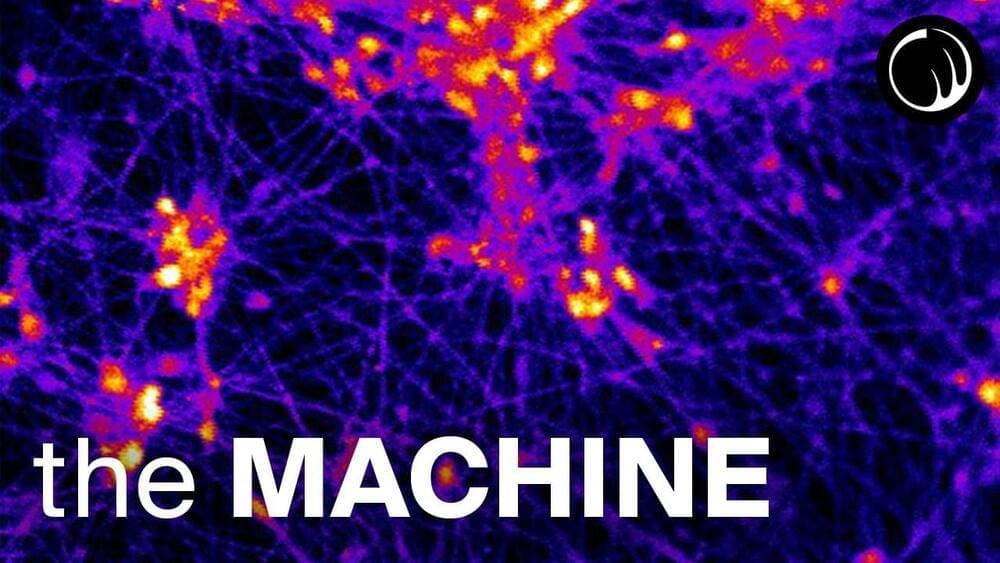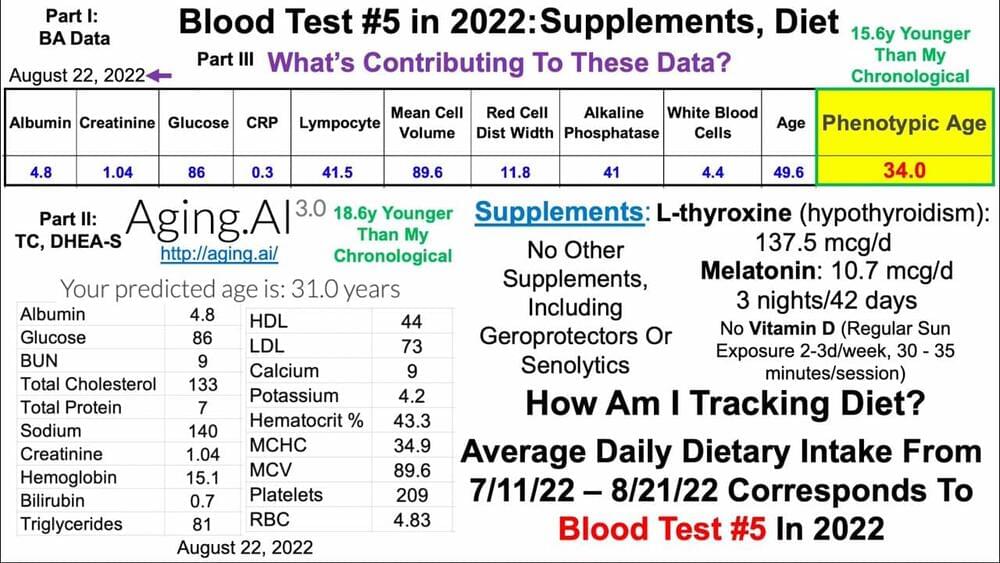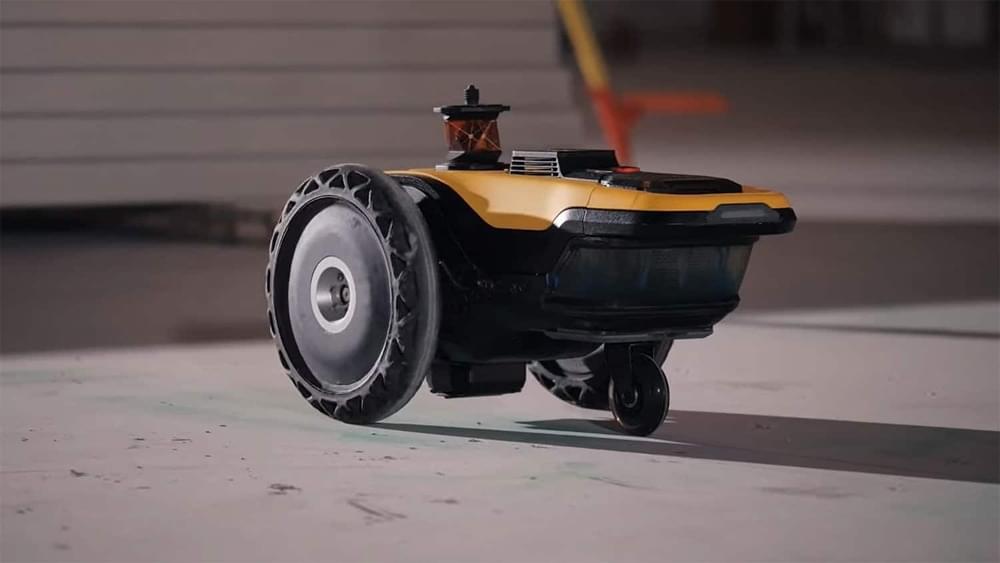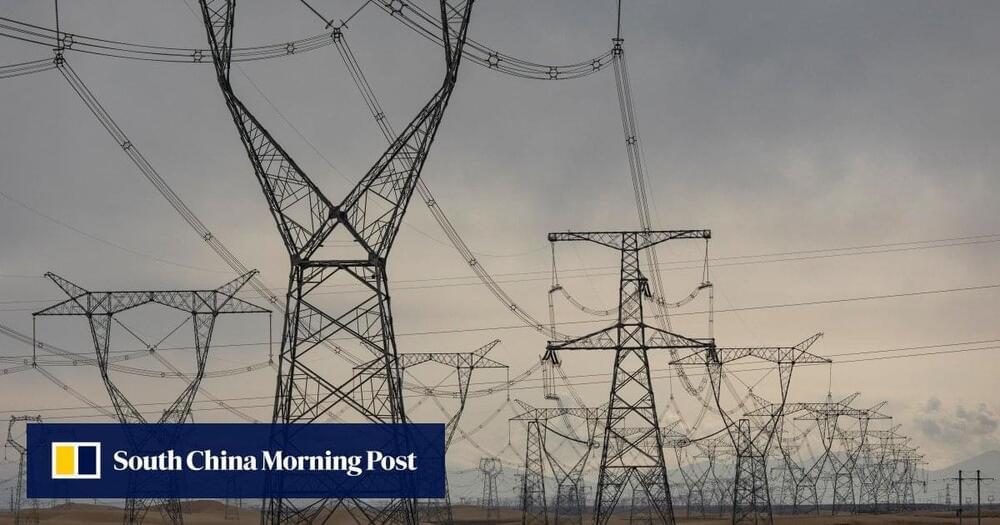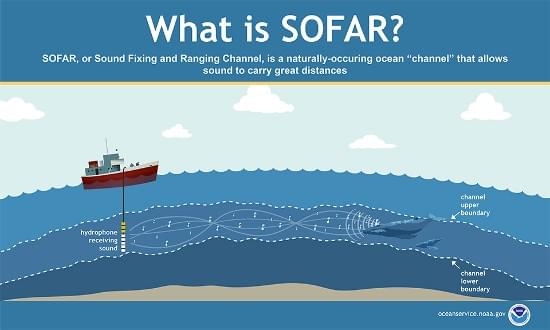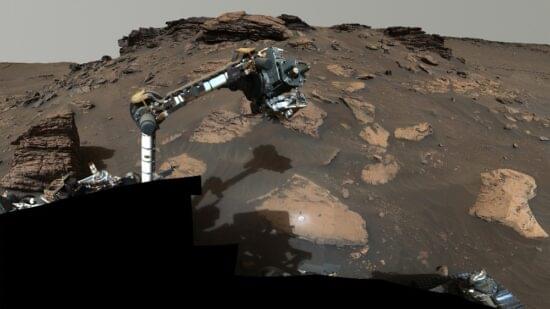A short discussion before John Smart’s talk at the Stepping Into the Future conference where he discusses his idea that the only easy path to general intelligence is via neuro and biomimicry.
For more detail, see his full talk ‘The Goodness of the Universe: Outer Space, Inner Space, and the Future of Networks’ here: http://www.scifuture.org/the-goodness-of-the-universe-outer-…ohn-smart/
Many thanks for tuning in!
Have any ideas about people to interview? Want to be notified about future events? Any comments about the STF series?
Please fill out this form: https://docs.google.com/forms/d/1mr9PIfq2ZYlQsXRIn5BcLH2onbiSI7g79mOH_AFCdIk/
Consider supporting SciFuture by:
a) Subscribing to the SciFuture YouTube channel: http://youtube.com/subscription_center?add_user=TheRationalFuture b) Donating.
- Bitcoin: 1BxusYmpynJsH4i8681aBuw9ZTxbKoUi22
- Ethereum: 0xd46a6e88c4fe179d04464caf42626d0c9cab1c6b.
- Patreon: https://www.patreon.com/scifuture c) Sharing the media SciFuture creates.
Kind regards.
Adam Ford.
- Science, Technology & the Future — #SciFuture — http://scifuture.org
